
In this study of elementary school children, researchers Vanderbilt University in Nashville looked at 81 racially-diverse public school kids between the ages of five and 12, who went to after-school activities at either or two locations the team followed. That's one pretty small sample, isn't it? Still, the team spent a lot of time studying these kids the interaction between their friendships and physical activity levels over three weeks. The children were asked questions about which peers they liked to spend time with during each visit, and they were handed accelerometers to measure their activity levels. Their conclusion was quite amazing. Kids didn't form friendships based on the activity levels of other children, but they did adapt their own activity levels to those of the peers they chose to hang out with. Spending time with someone who loved running around resulted in more exercise, while couch potatoes encourage more active kids to slow down.
This could change the strategy of those who are trying to reduce childhood obesity rates. Lead researcher Sabina Gesell told Reuters Health: "Kids are constantly adjusting their activity levels to match their friends. Some kids' activity levels got pulled up by their immediate friends, and others got pulled down. The after-school programs have had this long history of keeping kids safe and keeping them off the street. Now the thought is, what if we use this ideal arena to improve health?"


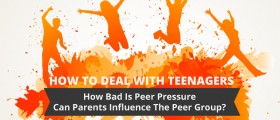
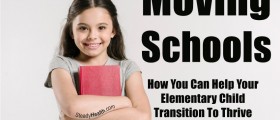
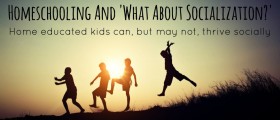
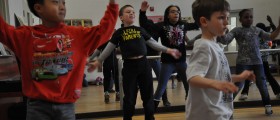
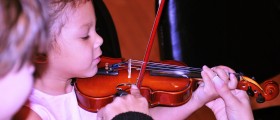


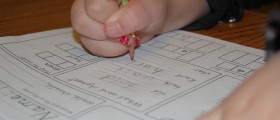

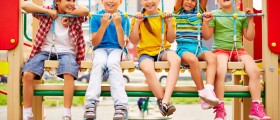



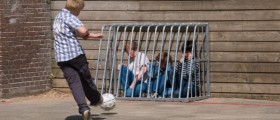

Your thoughts on this
Loading...